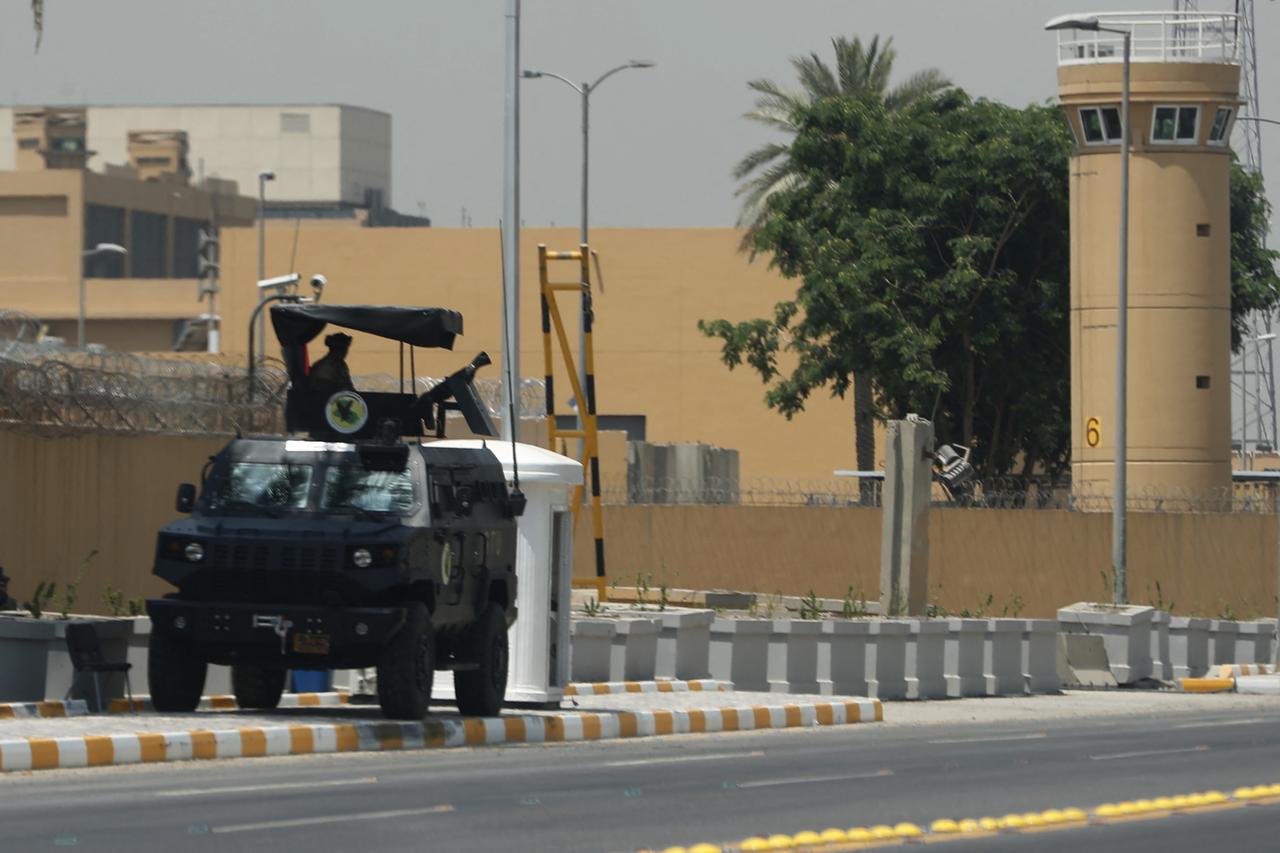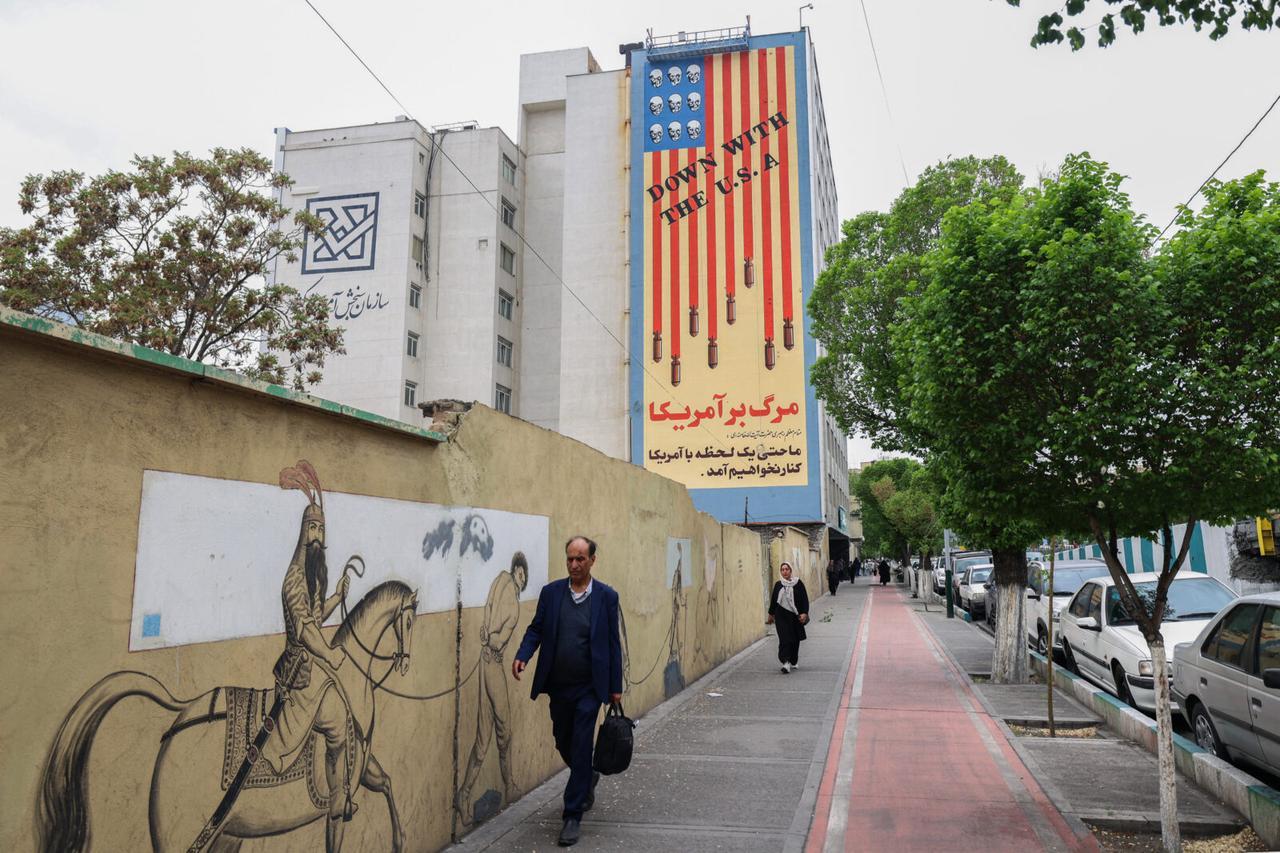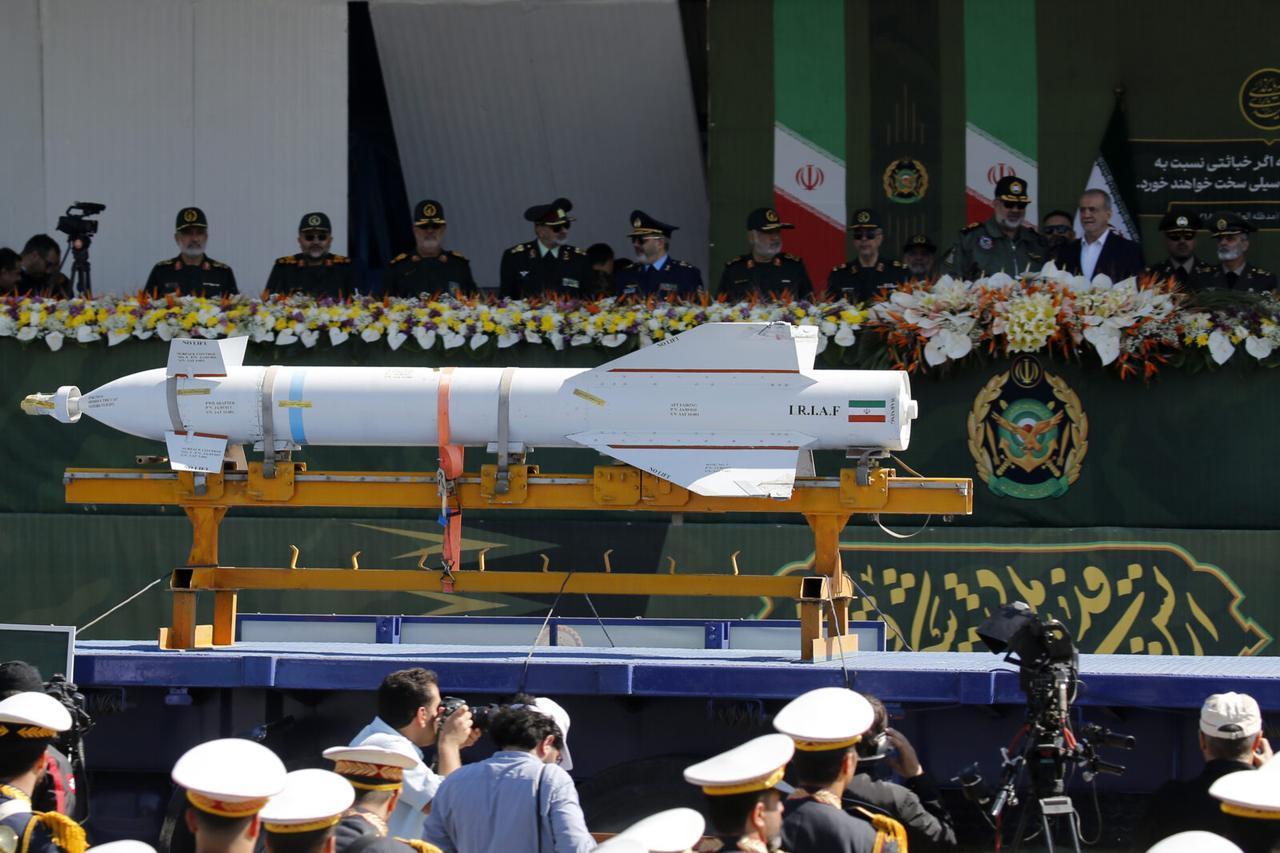United States President Donald Trump on Thursday urged Israel not to launch an attack on Iran, warning that military escalation could derail ongoing efforts to secure a new nuclear deal with Tehran, which in turn pledged to expand its uranium enrichment program ahead of fresh talks.
Speaking to reporters, Trump acknowledged that an Israeli strike on Iran “may very well happen,” though he stopped short of describing it as imminent. He said the U.S. had decided to draw down diplomatic staff in the region to avoid “massive conflict.”
“We are fairly close to a pretty good agreement,” Trump said. “I don't want them going in, because I think it would blow it. Might help it actually, but it also could blow it.”
Trump’s comments come ahead of a sixth round of nuclear talks scheduled for Sunday in Oman, mediated by U.S. Middle East envoy Steve Witkoff. Despite increasing tensions, Trump reaffirmed his preference for diplomacy. “I'd love to avoid the conflict,” he said. “Iran's going to have to negotiate a little bit tougher — meaning they're going to have to give us some things that they're not willing to give us right now.”

Iran has issued repeated warnings ahead of the Oman talks, threatening to strike U.S. military installations in the region if negotiations collapse. “If the talks fail, the risk of military escalation becomes much more immediate,” said Hamidreza Azizi, a fellow at Germany’s Institute for International and Security Affairs.
On Wednesday, the U.S. began evacuating staff from its embassy in Baghdad. While Iraqi officials insisted there was “no specific security threat,” Washington cited a broader regional risk.
Tensions have also been amplified by Israel, which has vowed a more aggressive posture against Iran following the October 7, 2023 Hamas attack, widely attributed to Iranian backing.
Prime Minister Benjamin Netanyahu has warned of less restraint in confronting Tehran and has called for international action after the UN’s International Atomic Energy Agency (IAEA) accused Iran of violating its nuclear obligations.
The IAEA’s board of governors passed a resolution on Wednesday condemning Iran’s “non-compliance” with the Non-Proliferation Treaty (NPT), with 19 out of 35 members voting in favor. The resolution opens the door for European nations to trigger a “snapback” mechanism — set to expire in October — that would restore UN sanctions suspended under the 2015 nuclear deal.
Iran’s nuclear chief Mohammad Eslami denounced the IAEA’s move as “extremist,” blaming Israeli pressure and Western double standards. “They can’t expect us to fulfill commitments when they honor none of theirs,” Eslami said, referring to the U.S. withdrawal from the 2015 deal under Trump’s previous term.

In response, Iran announced plans to launch a new uranium enrichment center at a secure, undisclosed location. Behrouz Kamalvandi, spokesperson for Iran’s Atomic Energy Organization, said all first-generation centrifuges at the Fordo site would be replaced with advanced sixth-generation models — significantly boosting output.
Enrichment at the new site would begin once the machines are operational, Eslami confirmed. Iran is already enriching uranium to 60% — far beyond the 3.67% cap set by the 2015 agreement and approaching weapons-grade levels.

Following the IAEA resolution, Iran’s UN representative Amir Saeid Iravani said Tehran would consider “proportionate responses” if the snapback mechanism is triggered. These could include launching the process of withdrawing from the NPT entirely.
The European Union, responding to Iran’s latest enrichment plans, urged Tehran “to show restraint” and avoid further provocation.
Despite the heightened rhetoric and military posturing, both Washington and Tehran have signaled that diplomacy remains possible — even as the window for a peaceful resolution narrows ahead of Sunday’s talks.